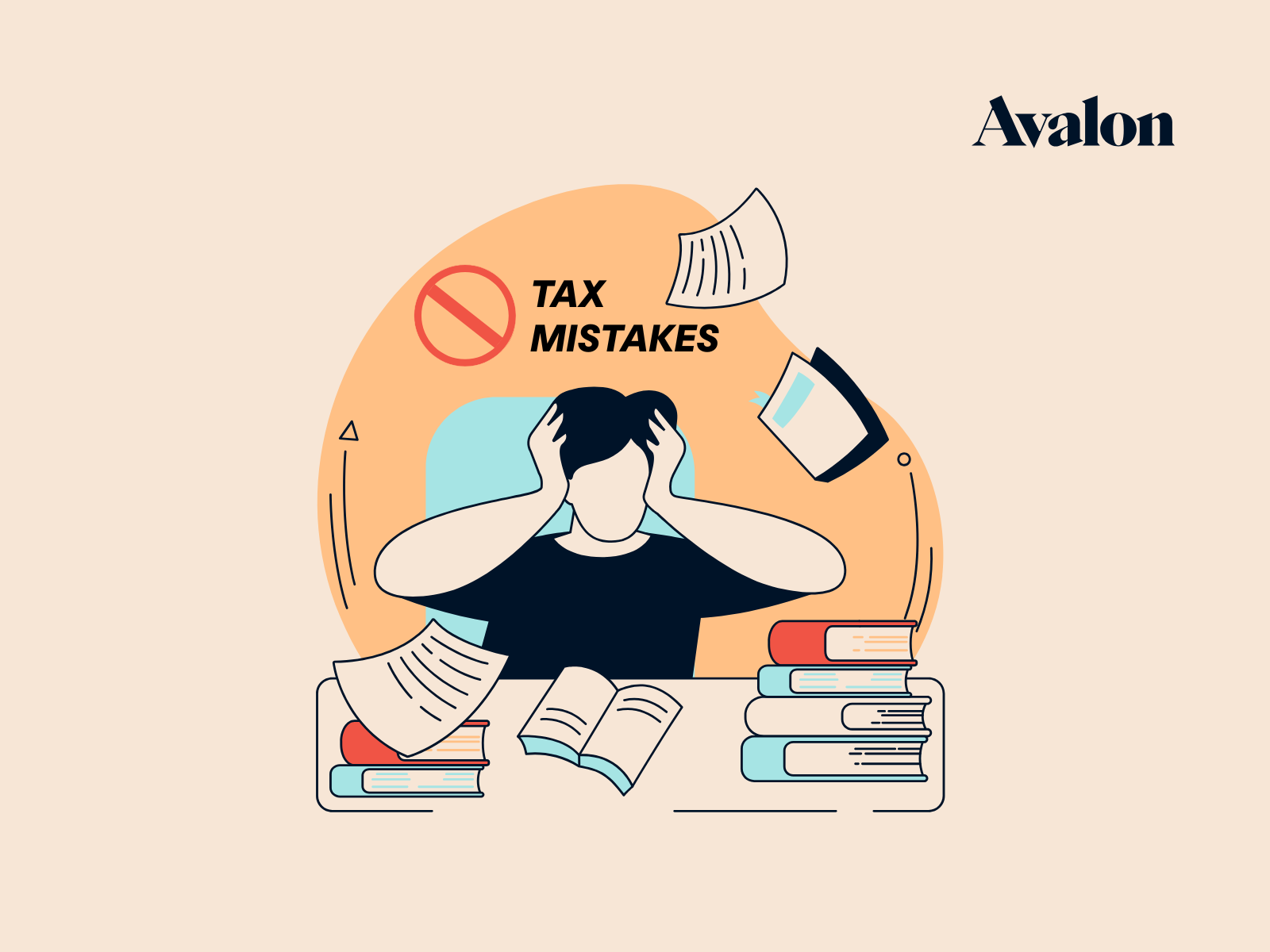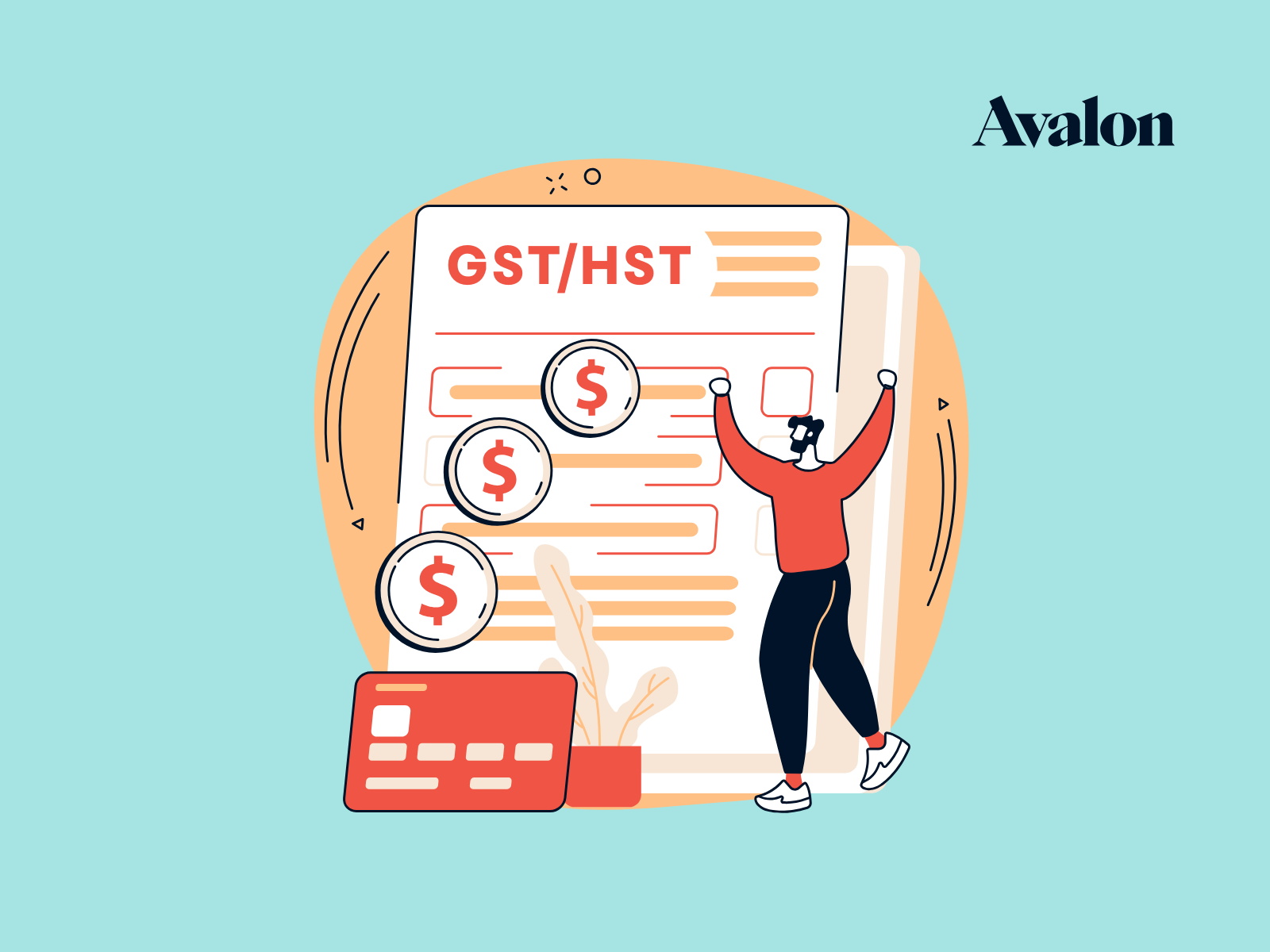*this post has been transcribed from an original video, for the full video watch here
As a small business owner, it’s important for you to know the Canadian tax system is set up to your advantage. You can build wealth within your company and for retirement. There are avenues to build wealth right within the tax system that are encouraged by the government.
The Canadian tax system is broken up into two parts- personal and corporate tax. There’s a third part-trusts- but we won’t be covering that in this post.
Personal Tax vs. Corporate Tax
On the personal tax side, rates can be quite high. You may pay high personal tax rates and in a way, this makes sense. The government wants its money before you go and spend it somewhere else, sort of like a consumption tax.
This is what GST (Goods and Service Tax) and HST (Harmonized Sales Tax) are all about. The consumption tax is a way of trying to prevent you from overspending. Basically, the government wants to be paid its due before you spend all of your money.
The other side is the corporate tax. Small business tax rates are between 9% and 15% depending on the province you reside in. The corporate tax rate is much lower than the personal tax rate because the government wants you to contribute to helping to grow the economy.
The government wants businesses to hire more people, keep more cash within the corporation and buy more equipment. All those things create jobs and the people who get those jobs pay more personal tax. The government wins in this scenario because businesses can then hire more people, and spend more money on other things, which leads to a boost in the economy.
The tax system is built on an interesting concept called integration
The idea behind integration is if you have a dollar amount of revenue, you have some expenses and you get taxed on any profit at a low rate.
For example, if you pay a dividend to yourself personally:
- Your dividend T5 gets grossed back up to that original dollar amount.
- You’ll then get credit for the tax your corporation paid.
- You then pay the remaining personal tax on that amount.
Overall, you should pay the same amount and that's the perfect integration (if the amount was the same).
For your personal tax rate, if you paid yourself a salary and then you received that as an employee it should be equal to a dividend gross-up, dividend tax credit and the remainder in tax. It might be a little bit different depending on the province you’re in.
This is the general idea of how the integration works and how corporate tax and personal tax work together.
Income retention within your corporation
Some entrepreneurs may keep as much income within the corporation and sort of build a nest egg within the corporation. This can be a great thing and it can be used to that advantage.
However, recent tax changes over the last couple of years tell us that the government's trying to stop this from happening. They still want you to have enough backup within the corporation to save for the future and build a rainy day fund.
The government doesn’t want you to use that as a retirement fund and save millions of dollars in the corporate structure.
Method 1 - RRSPs
What the government does want you to do is payout your salary and then use RRSPs (Registered Retirement Savings Plan). The RRSPs method can be used for saving for the future. They want you to push that through salary.
That's how you create an RRSP contribution room and create a retirement fund for yourself. This grows really rapidly because tax isn’t paid on that now, it’s paid further down the road. This means we have a higher amount of capital to start with that can grow and pay us in the future as retirement comes along.
Method 2 - Lifetime Capital Gains Exemption
The next method to highlight I think most people miss- it’s really valuable and can positively change the way you think about your business.
The other big tax incentive that the government gives us that is really policy-based. They want you to create a valuable business that you could potentially sell one day and potentially obtain tax-free money. The way this should be carried out is through the lifetime capital gains exemption.
Lifetime capital gains exemption is a method that's not a loophole and it's not going away any time soon. It's very policy-based because the government wants you to create a company that's not going to perish when you die or you retire. People can still be employed and there is the potential to sell the business.
The government is encouraging you to do that by offering $900,000 of tax-free money for selling the shares of your qualified small business corporation.
This is such a valuable tool for retirement and building wealth. However, it often seems to be overlooked. The primary reason it is overlooked is that it is a lot of work to achieve this.
A lot of things need to be resolved within the business to ensure that it is sellable. It’s also a case of the founder/owner slowly removing themselves from the business and finding people willing to buy the owner’s shares. But when the shares are sold, that $900,000 is given tax-free.
So how does this all come together?
Creating wealth is also about avoiding those high personal marginal tax rates. If you're making more than $150,000 a year or more than $220,000 a year, you're going to be facing very high personal tax rates. The marginal rate at those income levels can be up to 53.5 % in B.C. and Ontario. Keep in mind that if you pay that high marginal tax rate, you never get that money back. If you want to consume above $150,000 a year, that's just the fact of it.
How do you avoid paying high marginal tax rates?
Well, one of the ways is RRSPs as mentioned previously, you take that rate off the top of your income and save that for a future year where you have lower income amounts.
The other is corporate retained earnings- creating a reserve within your corporation that you've paid low corporate tax rates on and building some value within that. By using this method you can get some investment income without whittling down your small business deduction. This is about $50,000 a year in passive income within the corporation. This helps prevent business owners from paying that high personal marginal rate.
There are some more advanced ways to achieve this as well. For example, with insurance policies and holding company structures etc. This hasn’t been discussed in the scope of this article. However, you could look into this if you're getting beyond these two more typical avenues of tax deferral. At that point, you would need to engage with a tax professional to see how you could further save.
These methods are readily available to anybody off the street and they’re perfect solutions for most small business owners.
If you would like any further financial advice for your small business, download our free Financial Foundations Guide.












